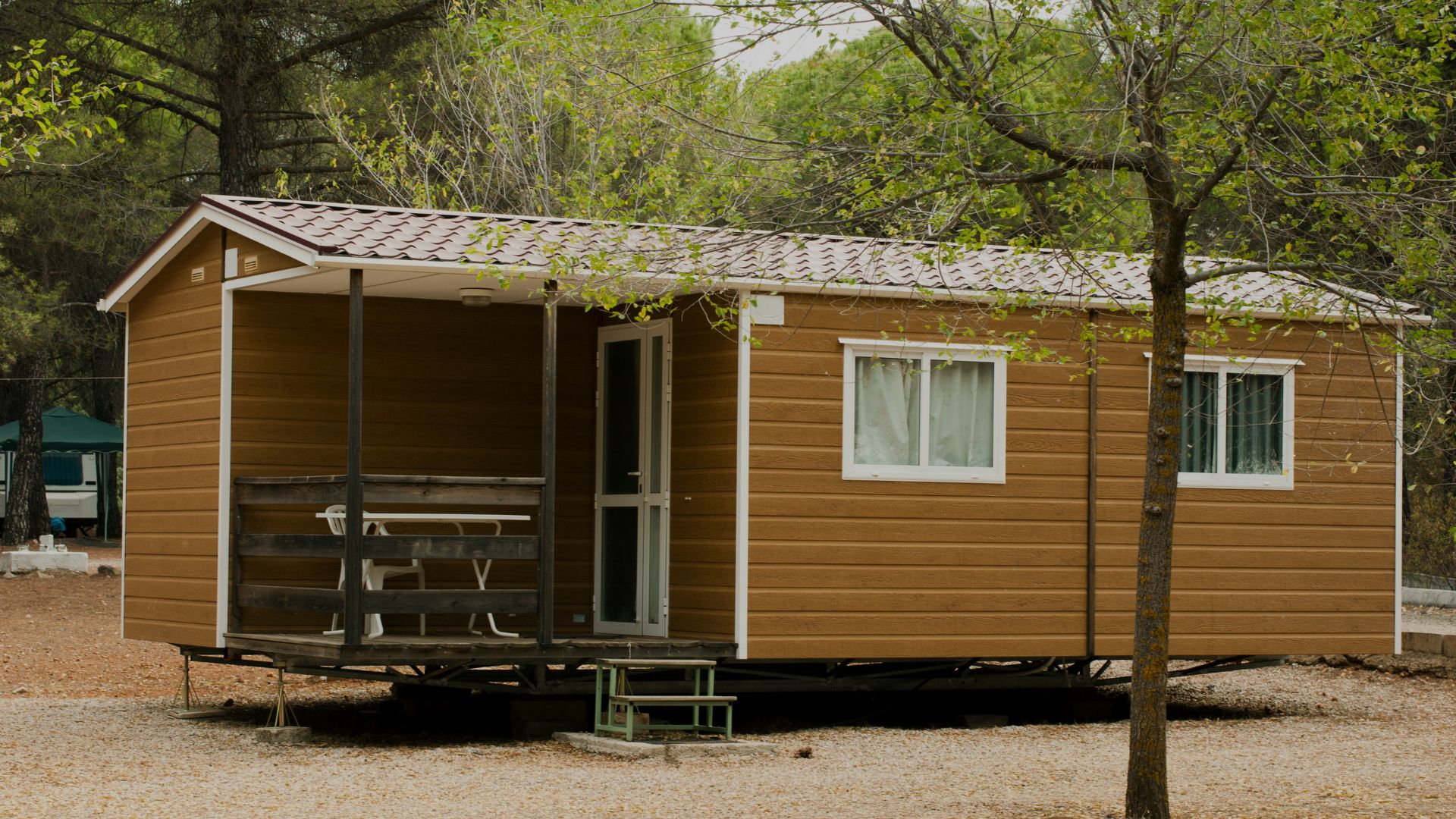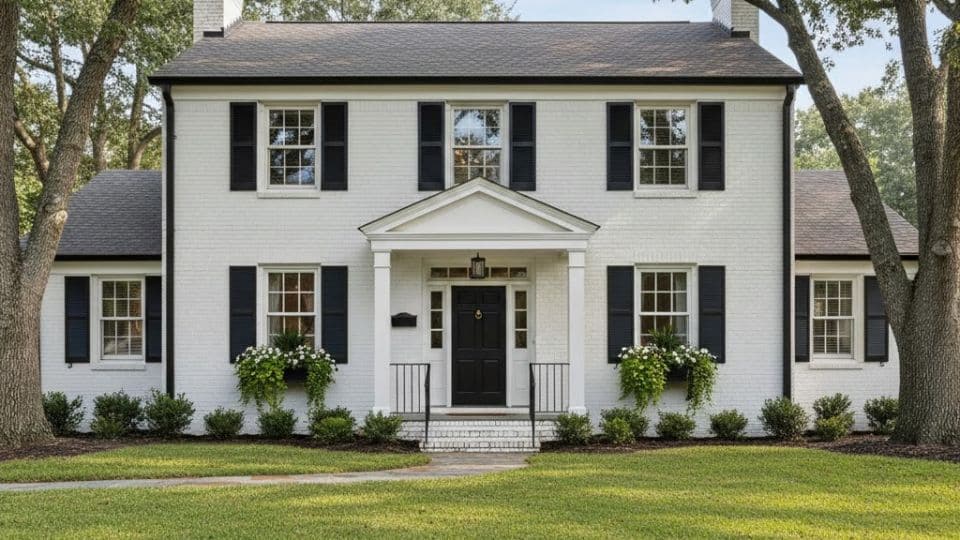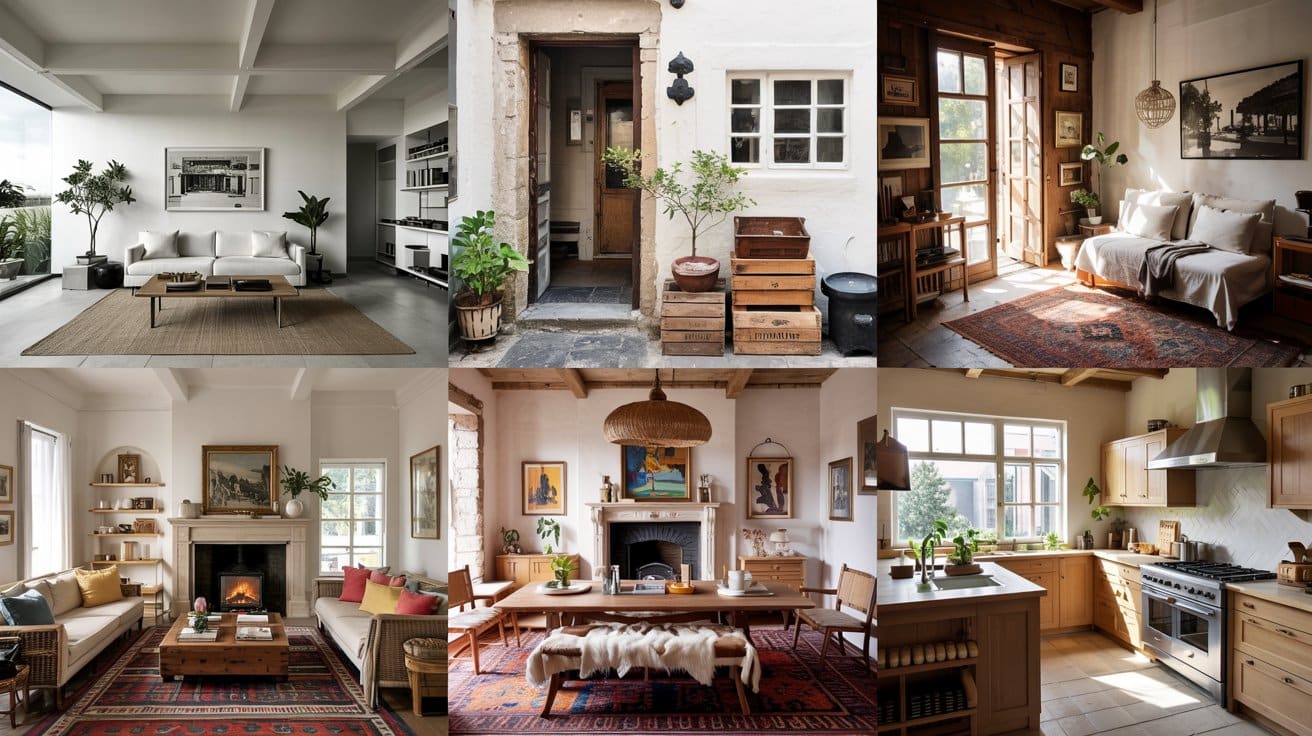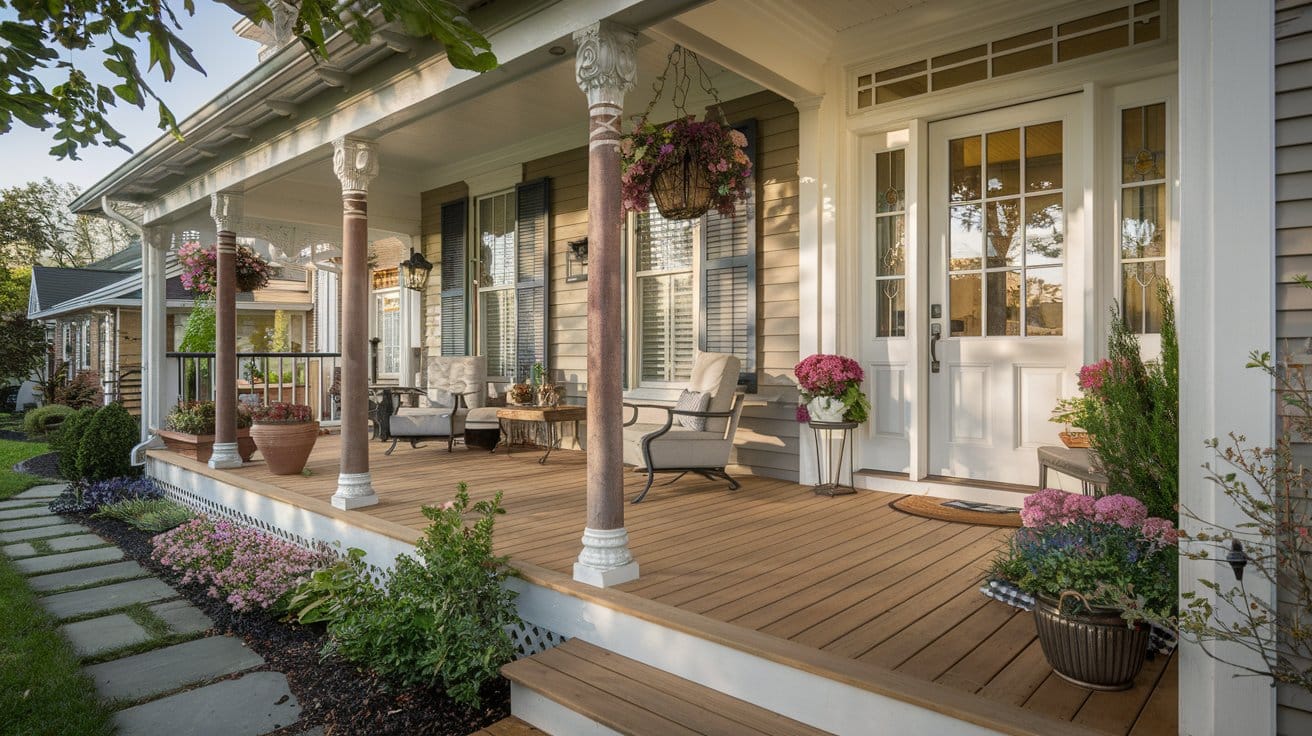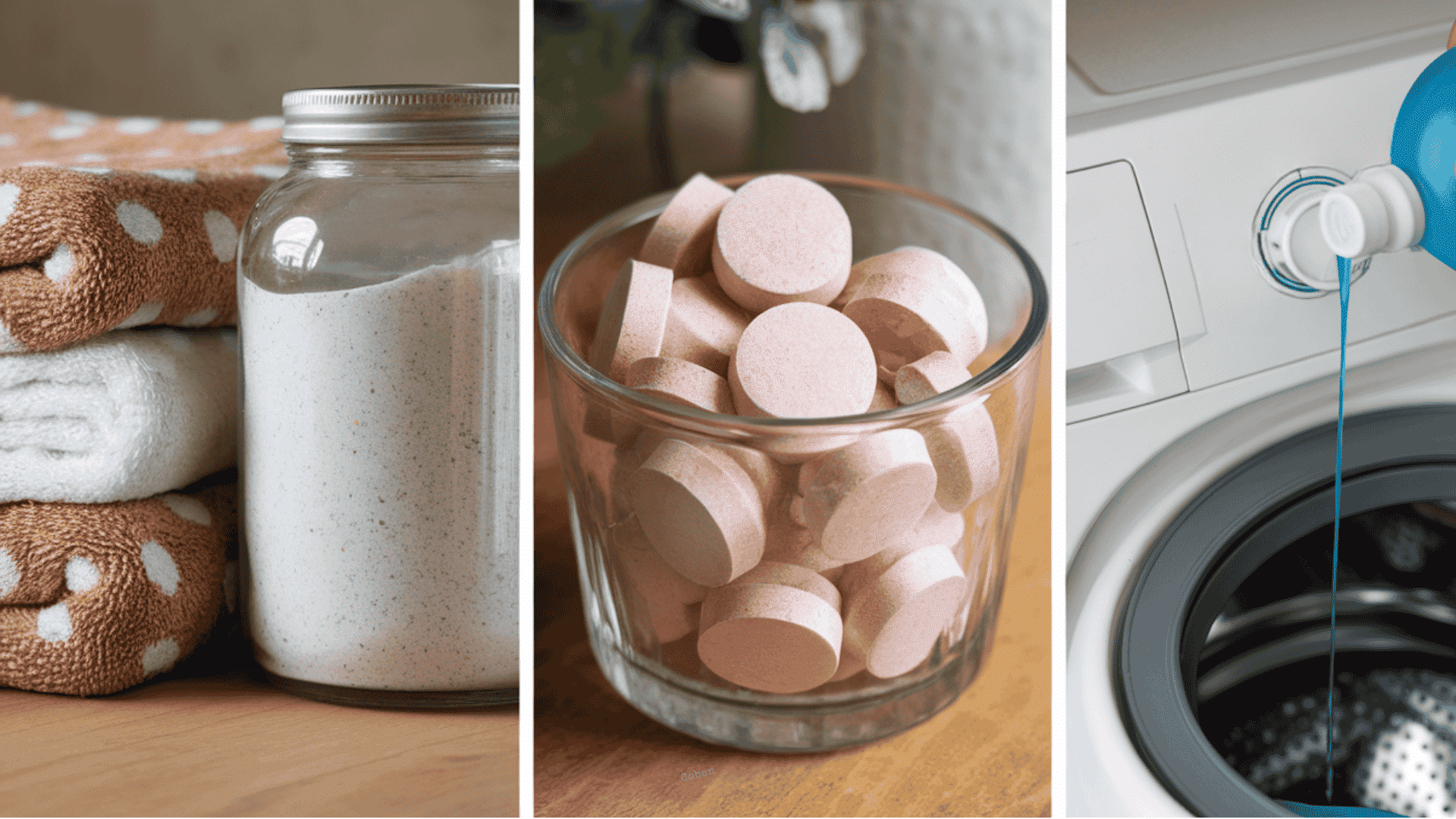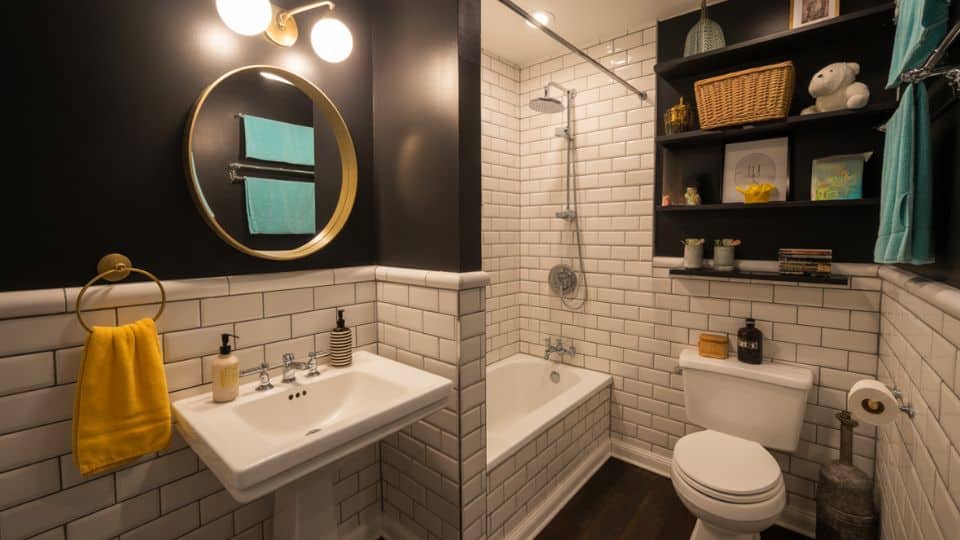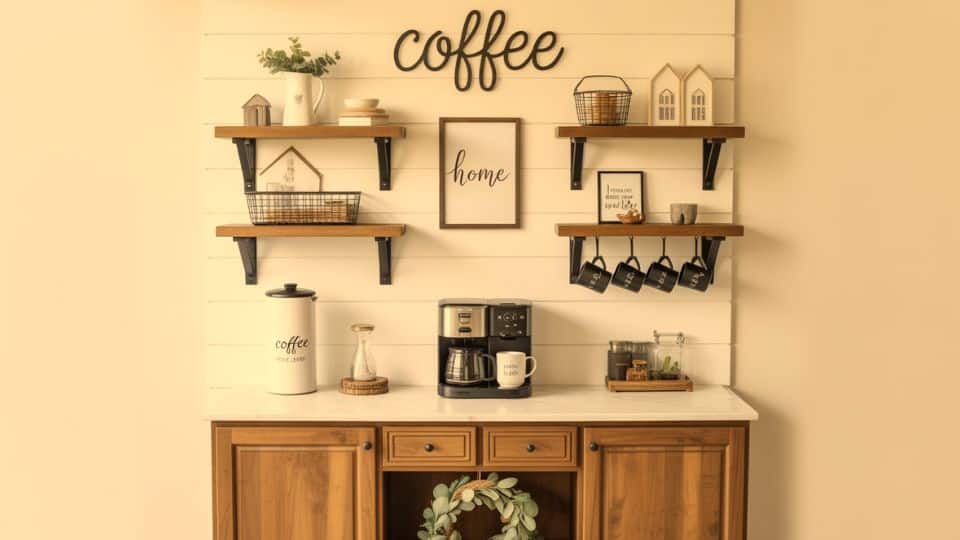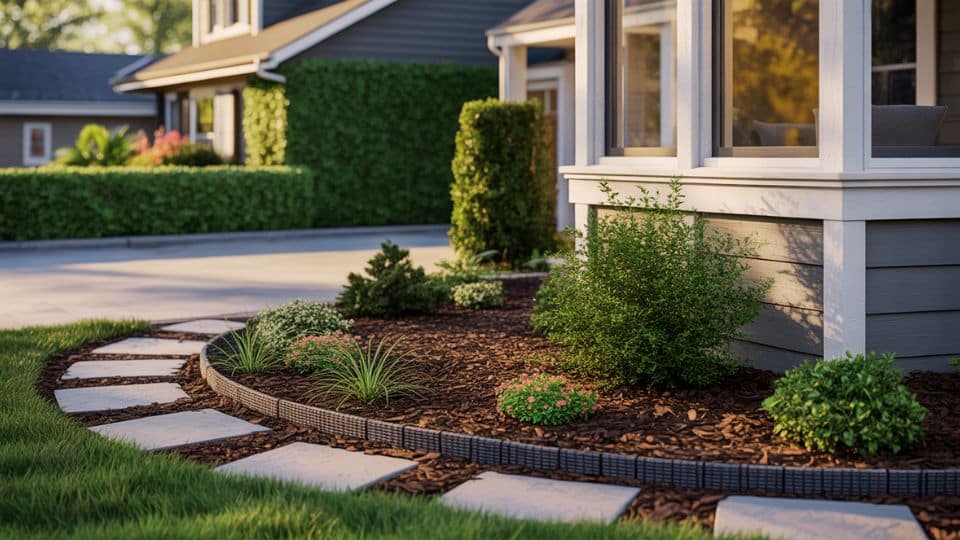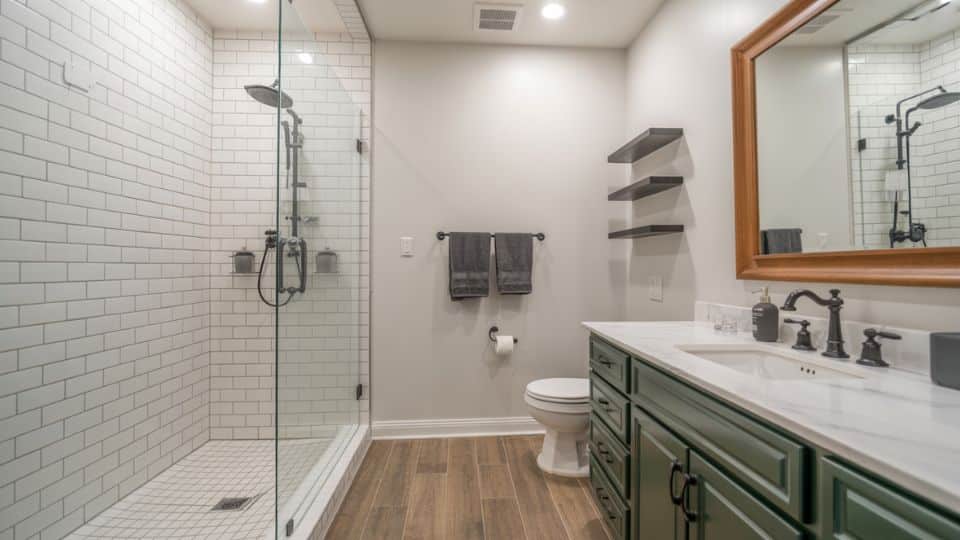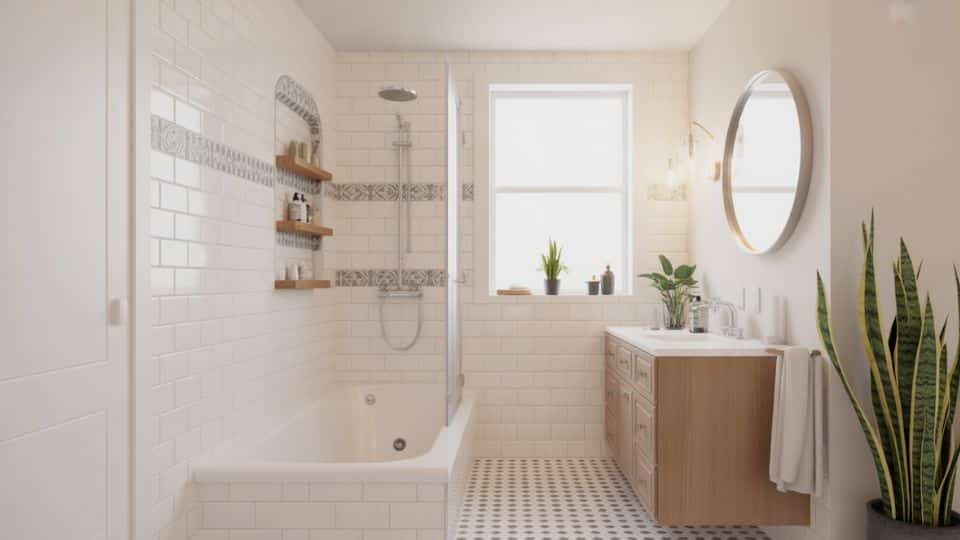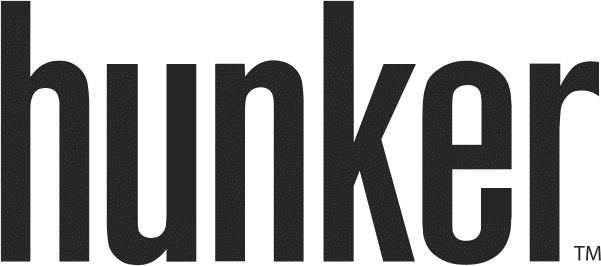Are you thinking about buying a mobile home to save money?
Many people believe mobile homes offer an affordable path to homeownership. The lower purchase price seems attractive at first glance.
However, the true cost extends far beyond that initial payment. Unexpected expenses can quickly add up and strain your budget.
From land rent to maintenance fees, these costs often catch new buyers off guard. Knowing what lies ahead helps you plan better and avoid financial surprises.
In this blog, I’ll show you several hidden costs of mobile homeownership and how to prepare for them.
Are Mobile Homes Really as Affordable as They Seem?
Mobile homes attract buyers with their low sticker prices compared to traditional houses. The initial purchase amount looks like a bargain that makes homeownership possible.
However, this upfront affordability can be misleading if you don’t consider the full picture. The truth is, the cost of a mobile home goes well beyond the purchase price.
Monthly expenses pile up quickly once you move in and start living there. Land rental fees, utility connections, and insurance premiums all demand your attention and money regularly.
Many buyers focus only on what they pay today and forget about tomorrow’s bills entirely. This short-term thinking leads to financial stress down the road.
13 Hidden Costs of Buying a Mobile Home

Here are thirteen expenses that mobile home buyers often overlook when calculating their total investment and monthly housing budget.
1. Land Lease or Lot Rent
Most mobile homeowners don’t own the land beneath their home. You’ll pay monthly rent to a mobile home park or landowner for the space.
These fees range from $200 to $800, depending on location and amenities provided. Lot rent increases happen regularly, often without much warning or legal limits.
2. Home Transportation and Setup
Moving a mobile home to its location costs thousands of dollars, you must pay upfront. Professional transport companies charge based on distance, size, and site accessibility.
The setup involves site preparation, leveling, and ensuring the structure is ready for safe installation. You might spend $3,000 to $10,000 just getting your home in place initially.
3. Foundation and Anchoring
A sturdy foundation keeps your home stable over time and prevents structural shifting or sagging. Concrete pads, piers, or skirting materials all cost money to install.
Poor foundation work leads to expensive repairs later as the home shifts and settles over time. Professional installation runs from $1,000 to $5,000, depending on soil conditions.
4. Utility Hookups and Connections
Connecting water, sewer, electricity, and gas lines to your home requires professional work and permits. Each utility needs proper hookups that meet safety codes.
Installation costs vary widely depending on how far utilities must run to reach your home. Budget anywhere from $1,500 to $5,000 for complete utility setup work.
5. Property Taxes and Registration Fees
Mobile homes face different tax treatment depending on whether they’re classified as real or personal property in your state. Many states charge annual registration fees.
Property taxes still apply even though you don’t own the land underneath your home. These taxes might seem lower than those for traditional homes, but they still represent ongoing yearly costs.
6. Homeowners Insurance
Insuring a mobile home costs more than standard homeowners’ insurance for similar coverage amounts. Insurance companies view mobile homes as a higher risk for weather damage.
Your premium depends on age, location, and whether the home is properly anchored to the ground. Expect to pay $500 to $1,500 annually for basic coverage protection.
7. Maintenance and Repairs
Mobile homes need steady care to stay comfortable, efficient, and free from wear over time. Roof repairs, plumbing fixes, and HVAC maintenance all demand attention.
Parts for mobile homes sometimes cost more or require special ordering from specific suppliers. Budget at least $1,000 yearly for routine maintenance, plus more for unexpected breakdowns.
8. Skirting Installation and Replacement
Skirting covers the gap between your home’s bottom and the ground below it completely. This barrier protects pipes from freezing and keeps pests out from underneath.
Quality skirting materials and professional installation cost between $800 and $3,000, depending on home size. Damaged skirting allows cold air to flow under your home, significantly raising heating bills.
9. Pest Control
The space under mobile homes attracts rodents, insects, and other unwanted creatures seeking shelter year-round. Regular pest control becomes necessary to prevent infestations and damage.
Monthly or quarterly treatments cost $30 to $100, depending on your location and pest pressure levels. Rodents can chew through wiring and insulation under your home, causing expensive damage.
10. Park Rules and Association Fees
Mobile home parks often charge homeowners association fees for community amenities and services they provide. These fees cover road maintenance, trash collection, and common area upkeep.
Monthly charges range from $50 to $300, in addition to the lot rent you already pay. Parks also enforce rules that may require costly changes, such as repainting or upgrading landscaping.
11. Financing Costs and Higher Interest Rates
Loans for mobile homes carry higher interest rates than traditional mortgages for site-built houses. Lenders see them as riskier investments that lose value over time.
Your interest rate might be 2 to 3 percentage points higher than conventional home loan rates. Loan terms are also shorter, leading to higher monthly payments overall.
12. Depreciation
Unlike traditional homes, mobile homes tend to lose value as they age rather than appreciating. This means you’re unlikely to build equity or profit from reselling.
Your home might be worth 30 to 50 percent less after just 10 years of ownership. This declining value makes refinancing difficult if you later need better loan terms.
13. Eventual Replacement or Major Renovations
Mobile homes have shorter lifespans than site-built houses, typically lasting 30 to 55 years maximum. With age, key components like flooring, walls, and systems begin breaking down beyond repair.
You’ll face expensive choices between major renovations and the complete replacement of the entire home. Updating an older mobile home often costs nearly as much as buying a newer one outright.
Tips for Managing Hidden Costs
Managing these expenses becomes easier when you follow smart strategies and plan ahead for both expected and unexpected costs.
Create a detailed budget: Track all monthly and annual expenses separately so nothing gets forgotten when planning your housing costs.
Build an emergency fund: Save three to six months of housing costs to cover unexpected repairs and emergencies without financial panic.
Research parks carefully: Compare lot rent, fee structures, and rent-increase histories before choosing where to permanently place your mobile home.
Get multiple quotes: Shop around for insurance, utilities, and installation work to save hundreds of dollars annually on recurring expenses.
Invest in quality maintenance: Fix problems immediately and keep systems serviced regularly to prevent small issues from becoming expensive disasters later.
Why Understanding Hidden Costs Matters?
Knowing the full financial picture before you buy protects you from unwelcome surprises later. When you understand all expenses, you can create an accurate budget that works.
Financial awareness helps you compare mobile homes to other housing options more fairly. You might find that a small traditional home costs less overall than you expected.
Key reasons why understanding hidden costs is important
- Prevents financial stress so you won’t scramble to cover unexpected bills each month or fall behind on payments.
- Enables better planning to create realistic budgets that account for all expenses, not just the purchase price.
- Improves decision-making by accurately comparing housing options and choosing the one that truly fits your financial situation.
- Gives negotiating power to ask the right questions and spot unfair fees before signing contracts with sellers or park managers.
- Protects your investment by avoiding deals that seem good but hide expensive terms in the fine print.
Planning ahead for these costs means you won’t have to choose between paying bills and buying necessities. Smart buyers always look at total ownership costs, not just tags.
Wrapping It Up
To summarize, mobile home ownership requires careful financial planning beyond the purchase price alone.
While the initial investment appears lower, ongoing expenses create long-term commitments you must honor monthly and yearly.
Being aware of these additional costs helps you evaluate whether this housing option truly matches your budget and lifestyle needs.
Take time to calculate everything before making this major decision.
Research thoroughly, ask questions, and prepare financially for all possibilities that may arise during ownership.
What questions do you have about mobile home expenses? Share your thoughts in the comments below!

